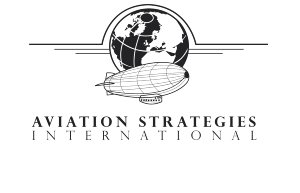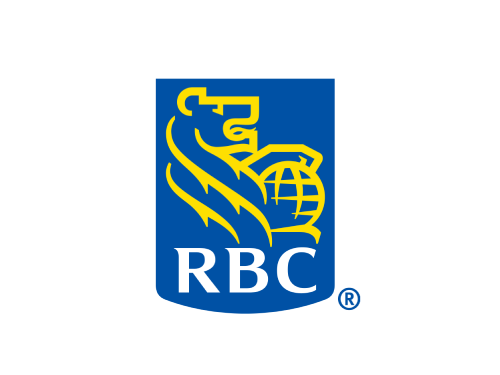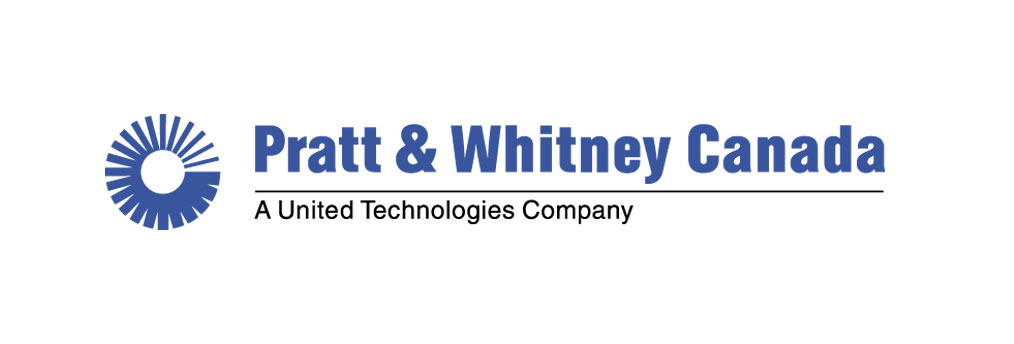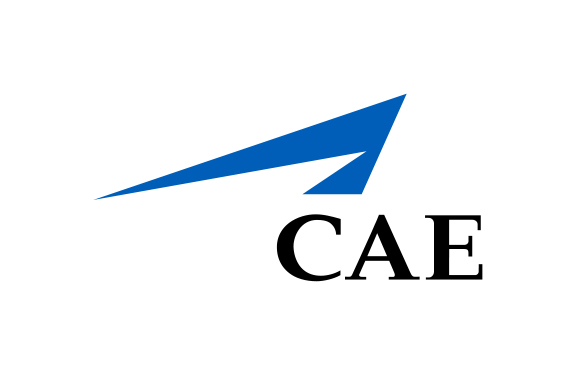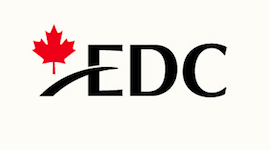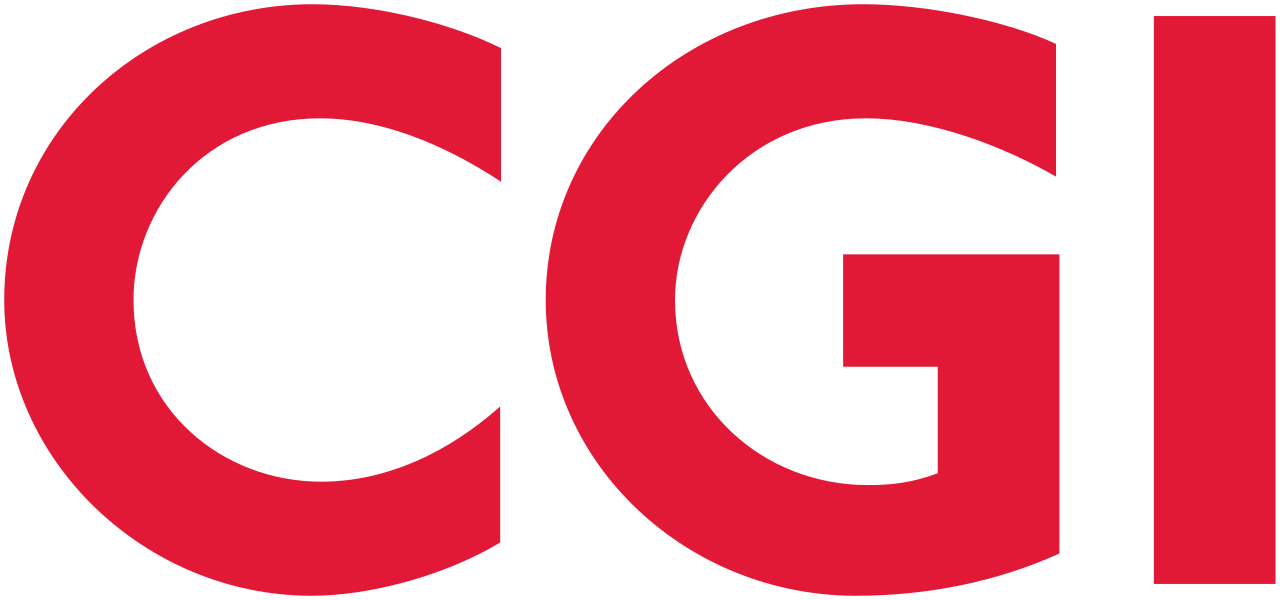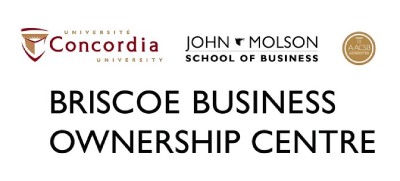MBA Case Competition is an annual feat of organization
Judges love it, and organizers get academic credit
One hundred and twenty students, more than 100 judges, dozens of volunteers, a mountain of photocopies and 18-hour working days by three dedicated Master’s of Business Administration students have gone into producing the 15th Concordia MBA International Case Competition.
Second-year MBA students Elena Kontakos, 25, Sorin Munteanu, 44, and Drummond Aikman, 31, have been preparing full-time for the case competition since June (1995).
Finland, Sweden, Mexico, New Zealand and Germany are among the countries sending teams of their brightest MBA students to the international event, now in progress (January 9-13) at the Queen Elizabeth Hotel.
The competition is the major event of the MBA program’s year. “It is used by other universities to attract students to their programs,” Munteanu said.” The opportunity of participating in the tournament is important to a student’s CV, and the exposure is unbelievable.”
[img_assist|nid=804|title=|desc=Organizers of the 15th Annual Concordia MBA International Case Competition: L-R, Sorin Munteanu, Drummond Aikman, Elena Kontakos.|link=none|align=right|width=400|height=378]The competition pits 30 teams of four students against each other, one-on-one, in a round-robin tournament organized into six divisions of five schools each. The object is to solve complex, authentic business problems, or cases. After three hours’ study of the case, each team presents its analysis and recommendations to a panel of judges.
A major challenge for the organizers is finding unpublished and uncirculated cases. They need at least seven for the competition, and aim for nine. Contacts come in handy, because the cases are picked up willy-nilly. Some are referred by professors, some are provided (for a cost) by the Case-Writing Association, possibilities are found through the Internet, and others are picked up along the grapevine and eagerly pounced upon.
“Professors don’t want to part with them,” Aikman said, because they’re useful as classroom material. “We sometimes have to charm them into giving us the cases.”
Cases cannot originate from any of the universities in competition, and there must be no chance of publication before the tournament ends. “You learn to be resourceful,” Kontakos said philosophically. The cases must be found in time to be translated for the bilingual event, and hundreds of copies are required.
The team also organizes the hotel stay, creates the posters, writes and sends out brochures announcing the competition, finds sponsors and awards for the event, arranges for volunteers, and attends to the multitude of details needed to ensure the success of the international meet. “No matter how hard you work, you never feel you’re on top of it,” Kontakos said.
Faculty have been a great help, principally MBA program director Alan Hochstein and advisor Louis Hebert. Virtually all MBA students participate in the competition in some capacity. The judges seem to enjoy their volunteer duties; the competition easily draws large numbers of executives and headhunters seeking new talent.
The organizing team was granted a 24-hour pass to University buildings, because they spent some of their holidays finalizing details. All are taking a full complement of courses, and receive six credits for organizing the competition in lieu of writing a business research paper.





